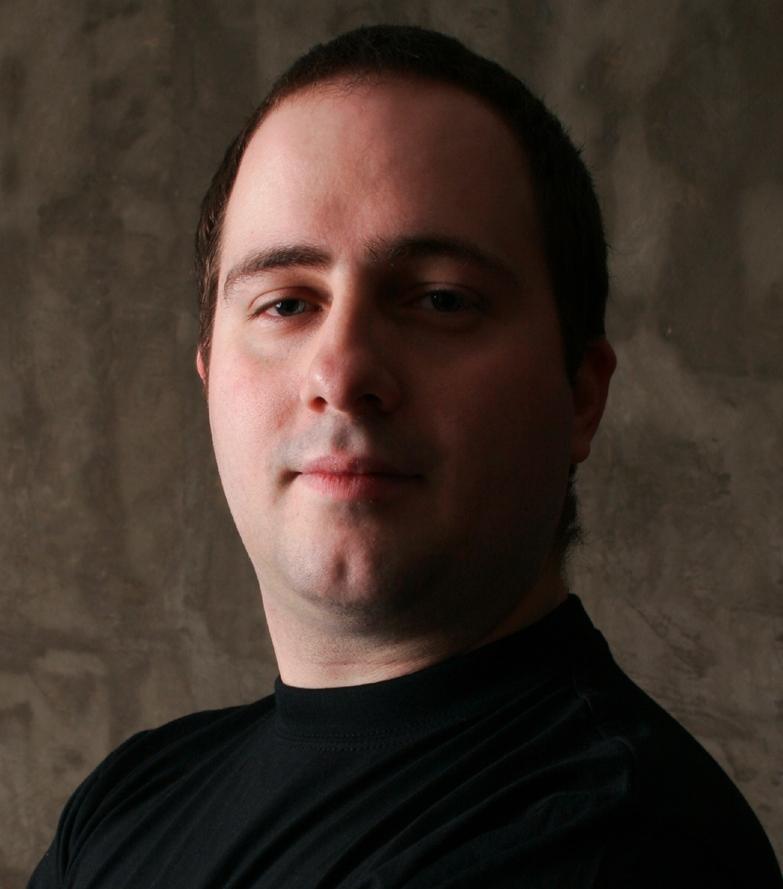Last week Swedish radio took off their Digilist, the top list over most streamed songs. This came to be after a couple of weeks with rumours around cheating. Then an artist did an experiment and showed in a big newspaper how easy it was to buy 100 000 streams in a two week period.
To be honest, I don’t know why this has up right now. Already in 2013, I knew about some serious cheating done on both iTunes and Spotify. My guess is that this is because the cheating has escalated so much that even the majors are beaten in the game.
“You can trust data”, was Jay Frank's comment. And was said during Billboard’s new prize, The Jay Frank Award, to honour a digital music pioneer. And I would have loved to have a discussion with Jay around this situation, I still miss those talks. We had them before, so I somehow know the answer. When the Bulgarian guy was cheating a couple of years ago, we had that discussion. Jay just laughed and said, “it’s like pointing a finger against a lonely guy with a handgun while you have twenty-five super big cannons shooting in the background.”
We both knew how much the majors were cheating. We all know they did it on a big scale and with different methods. When some creative person did it, well then Spotify acted. Neither Jay nor I approved of the cheating. Instead, Jay looked on a tool that was genuine to get real listeners and real fans and build Digmark a PR service that can get you playlisted in real playlists.
What happened two years ago inside Spotify, nobody knows. Suddenly all human playlisters jumped off. Everything became algorithm-driven. And it seems like no one reacted to the cheating. I spoke to several distributors that said the same. Less notice of cheating coming from Spotify. And we saw more and more unknown artist just sail on to the charts. All this time no one said anything, so my puzzle is why now?
So, can we trust data? Jay would have laughed at this one as well. Yes, you can. Already now there are several services that can measure data from several points. Look on post a from a couple of weeks ago stating that we need a new top chart. Like I wrote, there things that are ongoing. If you cheat on your numbers on one field, let’s take Spotify as an example, other figures give it away. Your Facebook/Instagram followers are intact and won’t move. Or your streams on YouTube won’t move. And your name is not mentioned in social media. Yet your Spotify streams are on the full rise!
All this can be measured easily by these new services and for free. It’s kind of easy to check on your numbers in several ways. If you do it for real, the numbers add up. You cheat, and it will cost you so much to keep everything on track. Yes, all these numbers can be manipulated, but it’s very hard and costly to do all of them at the same time.
The data is why you cheat, but it also gives away that you cheat. Data just tells what’s in there. But this is the same as you are buying a “real” Chanel bag from the guy on the street for a fraction of the price of the ones in a real Chanel store. The risk that an unknown Canadian rapper has millions of streams, but no one knows him (Hello Manafest!) is too good to be true. And no, these cheaters will not make a career. In the end, the game comes back and bites them in the rear. Their songs are not good enough neither are their live shows. A career is built on trust with a real audience.
The problem we have right now is that money is going into the wrong pockets. The part of the industry that has shoved their heads in the sand, telling us that the problem is not that big (Hello PRS:s, Ifpi, Spotify) has just by ignoring it all has probably crashed the path for several artists that were up and coming and really had what it took but didn’t cheat and because of that never saw the light of day to a bigger audience.
I just wish I was wrong on the last one, but I guess not. In the end, yes you can trust data, so use the data to flush the cheaters out. You can do that and yes you will be stepping on toes. Still can you please add in the majors. It’s not fair they have a monopoly on cheating.
Editor’s Note: Peter Åstedt has been working in the music industry for over 30 years. He has started record labels, distribution systems, and publishing companies. Peter also runs several major showcase festivals and is an advisor for INES and co-founder of MusicHelp/Discover Sensation. He has worked with the Top Ten most streamed songs and had music on both the Olympics and SuperBowl. Peter has currently taken up the seat of Station Manager of Cashbox Radio, working with MD, PD and station owner, Sandy Graham.



